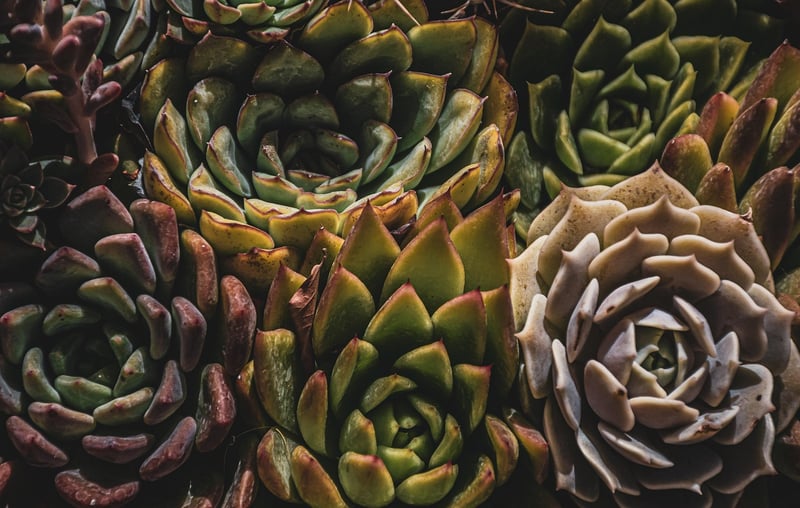Sunlight Needs
Nurturing Your Plants: Understanding Sunlight Needs
Plants are living organisms that require care and attention to thrive. Understanding their sunlight needs is crucial for their growth and well-being. Here's a guide to help you nurture your plants effectively.
Why is Sunlight Important for Plants?
Sunlight is essential for plants as it is a key component of photosynthesis, the process through which plants create their food. Sunlight provides the energy needed to convert carbon dioxide and water into glucose, which is used by the plant for growth and development.
Types of Sunlight Needs for Plants
Not all plants have the same sunlight requirements. Some thrive in direct sunlight, while others prefer shade. Understanding the different categories can help you provide the right environment for your plants:
- Full Sun Plants: These plants require at least 6 hours of direct sunlight per day. Examples include roses, tomatoes, and zinnias.
- Partial Sun/Partial Shade Plants: These plants thrive in 3-6 hours of sunlight per day. Examples include hostas, ferns, and begonias.
- Full Shade Plants: These plants prefer minimal to no direct sunlight. Examples include ferns, peace lilies, and moss.
Tips for Providing Adequate Sunlight
- Observe your plant's behavior to determine if it is receiving enough sunlight. Leggy growth or pale leaves may indicate insufficient light.
- Rotate your indoor plants regularly to ensure all sides receive equal sunlight exposure.
- Consider the seasonal changes in sunlight and adjust the placement of your outdoor plants accordingly.
- Use reflective surfaces like white walls or mirrors to redirect sunlight to areas with less light.
Conclusion
By understanding the sunlight needs of your plants and providing them with adequate light, you can ensure their health and vitality. Remember to observe, experiment, and adjust to create the ideal environment for your green companions.

For more gardening tips and plant care guides, visit Gardening Website.
